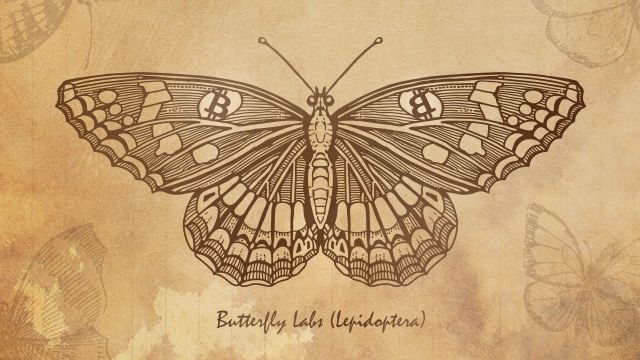Apr 24, 2014
Parables involving the Theft of Knowledge
Posted by Harry J. Bentham in categories: cybercrime/malcode, philosophy, security, transhumanism
 From CLUBOF.INFO
From CLUBOF.INFO
All religions have points of agreement concerning human toil and its relationship to the divine. This essay considers some of the Biblical and Hellenic parables of human origin, specifically the origins of human knowledge and instrumentality.
Here I want to present how knowledge and instrumentality are reported to originate with an act of mischief, specifically the theft of a divine artifact. My argument is that, although the possession of knowledge may be seen as a sin to be atoned for, the kind of atonement originally promoted may have simply been for us to apply our knowledge constructively in our lives. The concept of atoning for original sin (whether it is the Biblical or Hellenic sin) can then be justified with secular arguments. Everyone can agree that we retain the capacity for knowledge, and this means our atonement for the reported theft of such knowledge would simply rest with the use of the very same tool we reportedly stole.
The story of the titan Prometheus, from ancient Greek mythology, has been interpreted and reinterpreted many times. A great deal of writers and organizations have laid claim to the symbolism of Prometheus, including in modern times. [1] I would argue that too many writers diluted and over-explored the meaning of the parable by comparing everything to it, although this is not the focus of my essay. Greek mythology is notably weak on the subject of “good and evil” because it predates the Judeo-Christian propagation of their dualism, and this means most of the characters in Greek mythology can be defended or condemned without violating Hellenic theology. Prometheus as a mythic figure could be condemned from a Christian standpoint, because he seems strikingly similar to other scriptural characters engaged in a revolt against the divine. Yet the spirit of Prometheus and his theft has also been endorsed by people and organizations, such as the transhumanists who see him as an expression of the noblest human aspirations. [2]
Continue reading “Parables involving the Theft of Knowledge” »
 Someone sent me this YouTube video. It claimed to have explained Laithwaite’s Big Wheel experiments as explained by classical mechanics. This I had to see.
Someone sent me this YouTube video. It claimed to have explained Laithwaite’s Big Wheel experiments as explained by classical mechanics. This I had to see.



 JESSE McKINLEY — NYTimes
JESSE McKINLEY — NYTimes

 The crisis in super symmetry physics is causing physicist to search for a new physics. Could this new physics be non-particle based? A physics closer to General Relativity than to either Quantum or String theories?
The crisis in super symmetry physics is causing physicist to search for a new physics. Could this new physics be non-particle based? A physics closer to General Relativity than to either Quantum or String theories?







